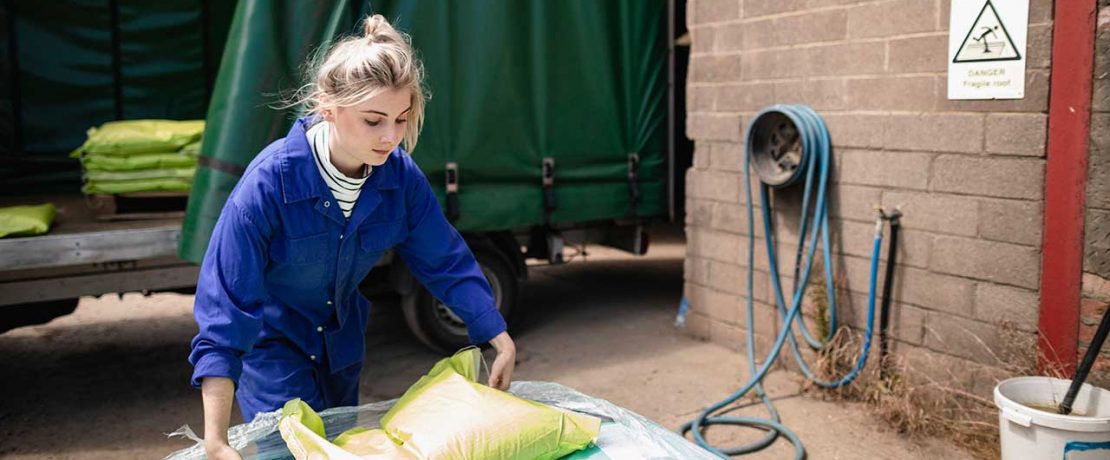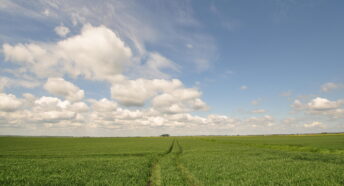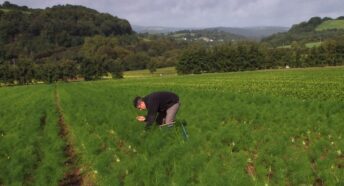Council farms: what are they, and why are they so special?
You might have heard of ‘council farms’, sometimes called county farms. But what are these increasingly rare types of farms, and what makes them special?
Council farms are a particular kind of local resource and a terrific asset to farming generally. But what exactly is a council farm? What makes them unique, and why do we at CPRE feel so passionate about them? Read on to learn more.
What is a council farm?
These kinds of farms, usually owned and run by local councils, were set up at the end of the 19th century to provide a way into farming, and they still allow these opportunities today – including for young people who might not otherwise have a route into farming. Sometimes they are referred to as ‘county farms’ although, technically, not all council farms are county farms.
How have council farms changed over time?
Many of these farms have evolved in exciting and innovative ways. These include trying out new business models such as farm shops and cafés, agroforestry (where trees are grown around farmland) and other environmentally friendly ways of managing land. Some councils with council farms have described the brilliant benefits they provide, ranging from tree planting to local education initiatives to, of course, continuing to support new farmers.
But there are far fewer council farms now than in the past. The area of England that these farms cover has dropped by around half since the late 1970s, when the effects of privatisation and cuts began to be felt. Land from these farms has been sold off, meaning there are fewer opportunities for future generations to move into farming.

What makes council farms so special?
Lots of things! They’re a brilliant resource to their local communities, offering chances for people who might not be able to afford to buy a farm to enter farming. They can also act as a testbed for new and innovative practices in both farming and other ways of making money, such as shops and tea rooms.
They’re also a great source of food, which can be supplied to nearby schools and hospitals – another local benefit (which also limits food miles – always a good thing!) These farms can also give people the opportunity to interact with animals and the natural world, which we know contributes to health and wellbeing.
And, if run in certain ways, such as ensuring biodiversity is supported, they can deliver environmentally sustainable farming which can make a real difference in tackling the climate emergency.
What does CPRE think about council farms?
We at CPRE are big fans of council farms, and really value them as community assets. We’d like to see more funding to help councils set up, keep or enhance these local resources, and to keep being able to offer ways for young people to enter farming.
And of course, because we’re committed to looking at ways that the countryside can play a part in addressing the climate emergency, we really value what these farms can offer in terms of mitigating the impact of climate change.
How can I learn more about council farms and farming generally?
This is easy! Simply sign up here to receive our regular emails – we often carry news and updates about the world of farming in England, including ways to take action on campaigns to support farming and rural life.







